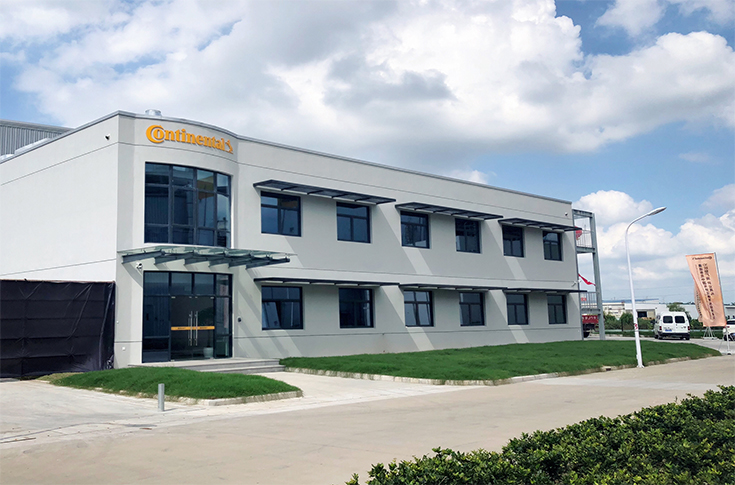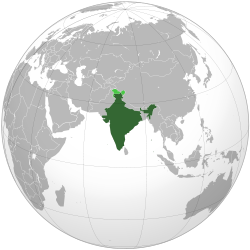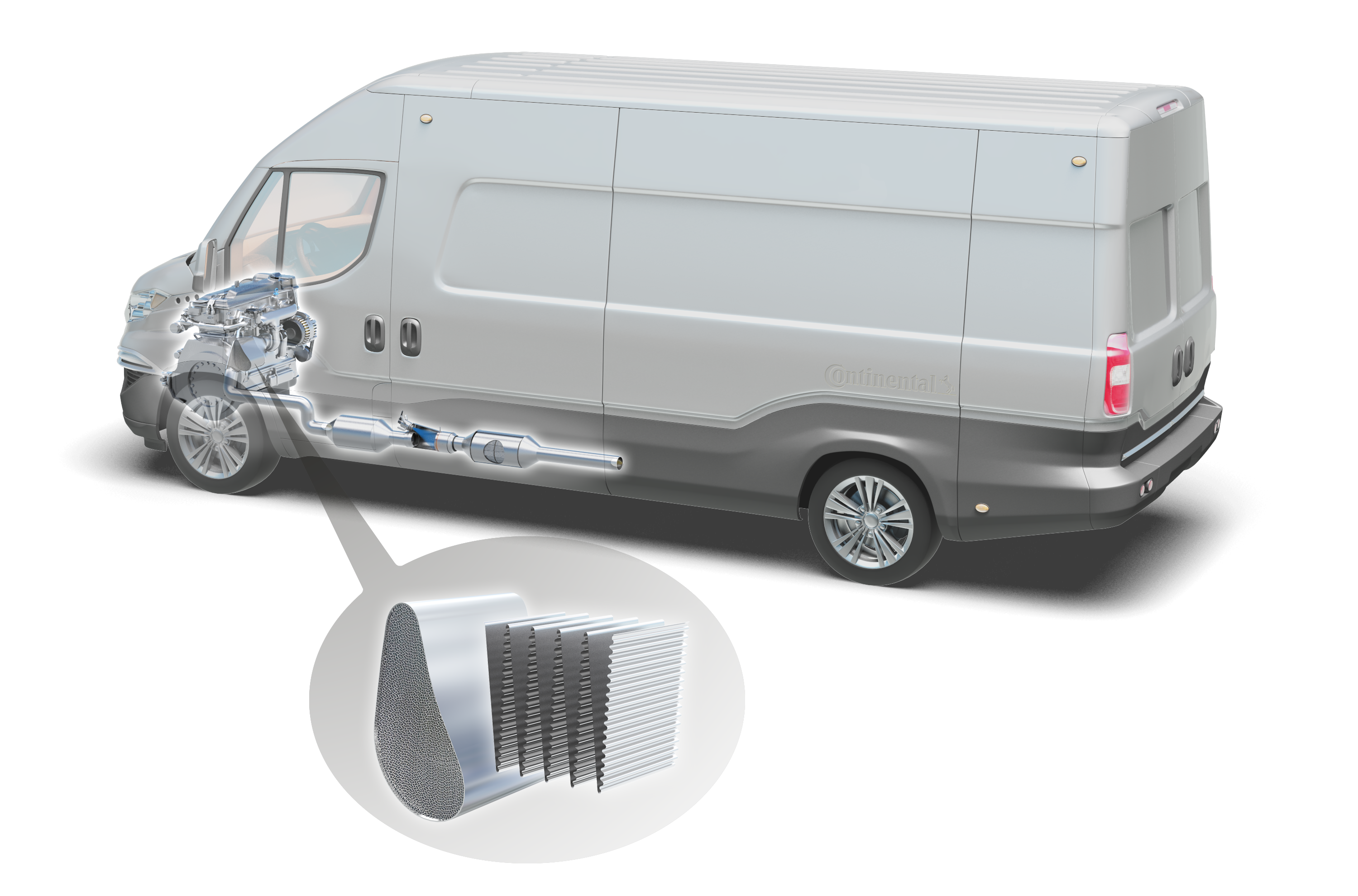Continental’s 3D blow molding plant mainly produces 3D blow molded hoses used in high performance turbochargers for automotive OEMs. Germany-based technology company Continental invests 10 million euro (Rs 82 crores) in a 3D blow molding plant in Changshu, China. The plant is set to start its series production in the third quarter of 2018. The plant… Continue reading Continental invests 10 million euro in a Chinese 3D blow molding plant
Tag: Tier 1 Suppliers
Groupe PSA Looks into Manufacturing an Additional Model at Its Poissy Plant
RUEIL-MALMAISON, France–(BUSINESS WIRE)–Regulatory News: Groupe PSA (Paris:UG): At a special meeting of the Works Council on Friday 31 August, Pierre Long, Labour and Human Relations Manager at the Poissy plant, said: “The study we are undertaking should confirm that our facility meets the financial performance criteria to manufacture an additional competitive vehicle for our customers. All our… Continue reading Groupe PSA Looks into Manufacturing an Additional Model at Its Poissy Plant
Exide Industries & Leclanché To Launch Lithium-Ion Battery JV
More lithium-ion batteries on the horizon. Exide Industries, India’s largest manufacturer of batteries (not to be confused with Exide Technologies), and Leclanché announced the launch of a new joint venture to build lithium-ion batteries in India. India Both Exide Industries and Leclanché would like to catch onto the growing interest in the building battery business… Continue reading Exide Industries & Leclanché To Launch Lithium-Ion Battery JV
Efficient, low-NOx truck emissions technology from Continental
” Exhaust aftertreatment solutions for delivery and long-haul trucks support the move to ultra-low NOx emissions Metal substrates with folded design for easier integration of a close-coupled catalyst Efficient fuel injection into the exhaust stream in combination with the electrically heated catalyst EMICAT® New-generation frost-proof urea pump (Gen V) Regensburg/Hanover, August 29, 2018. At… Continue reading Efficient, low-NOx truck emissions technology from Continental
Groupe PSA’s Passenger Cars Are All Certified under the WLTP New Laboratory Test and Are Available for Customers
RUEIL-MALMAISON, France–(BUSINESS WIRE)–Regulatory News: Gilles Le Borgne, Executive Vice President for Quality and Engineering at Groupe PSA (Paris:UG), confirms, “Our technological choices to treat pollutant emissions, such as SCR for all diesel engines launched in 2013 and more recently the GPF for gasoline engines with direct injection, allow us to offer to our customers, compliant… Continue reading Groupe PSA’s Passenger Cars Are All Certified under the WLTP New Laboratory Test and Are Available for Customers
Veoneer names Chairman and completes final registration documentation
Contacts
Autoliv
Klarabergsviadukten 70, section B7
111 64 STOCKHOLM
+46 (0)8 587 206 00
+46 (0)8 411 70 25
http://www.autoliv.com
Stina Thorman
Acting VP Corporate Communications
+46 (0)8 587 206 50
+46 (0) 709 578 150
https://www.autoliv.com
stina.thorman.external@autoliv.com
Hybridization in the commercial vehicle: scalable to every application
Press releases
Press archives
Media service
Publications
Press contact
Home
Press
Press releases
Hybridization in the commercial vehicle: scalable to every applicationStuttgart, August 28, 2018 – Particularly in the commercial vehicle sector, new regulations concerning the reduction of CO2 and emissions will be the technological driver in the ongoing development of the powertrain. Even more than in the passenger car segment, the broad spectrum of drive architectures and application areas will produce a rather heterogeneous environment. Hybridization in all its forms is therefore a highly promising avenue. MAHLE offers solutions to technological change, from thermal management to drive motors and power electronics.
Press release [PDF; 306 KB]Press picture [JPG; 8 MB] Hybridization of the commercial vehicle powertrain as a flexible approach to CO2 reductionBroad diversification: from the 48-volt mild hybrid to the high-voltage system—significant CO2 reductions are possibleSystems solutions from MAHLE for all hybrid architecturesThe question of whether and in what form electrification will make its entry into the commercial vehicle sector depends, even more than with passenger cars, on the additional costs and net benefit for the relevant application, with legal CO2 limits and fuel prices defining the framework. When it comes to commercial vehicles, the degree and nature of electrification will be heavily dependent on the actual application.
At the two extremes are purely electric fuel cell trucks and highly efficient vehicles driven by a combustion engine. Between the two is a whole spectrum of various forms of electrification or hybridization of the powertrain.
Hybrid technology offers considerable potential for CO2 savings, with maximum flexibility in terms of applications: electrification of auxiliary components, mild hybrid applications with 48-volt drive motors in parallel (recuperation/boosting), high-voltage or serial architectures, and plug-in hybrids (purely electric driving for long distances).
48-volt system: 10 percent less CO2 in distribution transportFor light- and medium-weight commercial vehicles up to 12 metric tons in distribution transport, MAHLE offers a robust, compact 48-volt drive system with water cooling and integrated electronics, providing a power output of up to 30 kW. Because of the low level of waste heat from the electric drives (boosting/recuperation) connected in parallel, the cooling architecture used for vehicles with a combustion engine or battery can be adapted easily and effectively for this price-sensitive application area.
Consistent use of electrically driven, beltless auxiliary components—such as electric fans, electric air conditioning compressors, or electric main coolant pumps—can produce a total CO2 savings potential of around 10 percent in urban distribution transport.
High-voltage full hybrid: 5 percent less CO2 with heavy-duty commercial vehiclesAt the other end of the hybrid spectrum, for heavy-duty commercial vehicles up to 40 metric tons, electrical drive outputs of approximately 50 to 100 kW are required, depending on the specific application. High-voltage systems in this segment can achieve a CO2 reduction of up to 5 percent. Thermal management plays a crucial role in making optimal use of the CO2 savings potential.
Demand-based soaking of the temperature-sensitive lithium-ion battery is essential. Air conditioning is therefore becoming part of the battery and electronics thermal management. The charge air cooling and air conditioning condenser can be recooled indirectly via a low-temperature coolant cooler. This makes the design of the (two-level) cooling module significantly easier. Thanks to the improved aerodynamics, this also has a positive impact on fuel consumption.
With the Visco® hybrid fan drive, MAHLE offers a solution tailored specifically to this application. The MAHLE technology combines the advantages of the Visco® drive with the advantages of electric actuation:
Fan performance controlled on demandElectric motor takes over in the event of reduced fan engagement, improving fan efficiencyPossibility of energy recuperation from the fanPossibility of purely electric operationGenerally improved control behavior thanks to the combination of Visco® and electric motorMAHLE is ready for all hybrid levelsThe hybrid drive will be used in all its forms due to the variety of weight classes and load profiles in the commercial vehicles segment—from the mild hybrid with a 48-volt drive to the powerful high-voltage system. One of the main drivers is CO2 legislation. With its comprehensive product portfolio, MAHLE covers all hybrid systems in the commercial vehicles segment and offers tailored solutions to achieve maximum CO2 savings.
About MAHLEMAHLE is a leading international development partner and supplier to the automotive industry as well as a pioneer for the mobility of the future. The MAHLE Group is committed to making transportation more efficient, more environmentally friendly, and more comfortable by continuously optimizing the combustion engine, driving forward the use of alternative fuels, and laying the foundation for the worldwide introduction of e-mobility. The group’s product portfolio addresses all the crucial issues relating to the powertrain and air conditioning technology—both for drives with combustion engines and for e-mobility. MAHLE products are fitted in at least every second vehicle worldwide. Components and systems from MAHLE are also used off the road—in stationary applications, for mobile machinery, rail transport, as well as marine applications.
In 2017, the group generated sales of approximately EUR 12.8 billion with about 78,000 employees and is represented in more than 30 countries with 170 production locations. At 16 major research and development centers in Germany, Great Britain, Luxembourg, Spain, Slovenia, the USA, Brazil, Japan, China, and India, around 6,100 development engineers and technicians are working on innovative solutions for the mobility of the future.
For further information, contact:MAHLE GmbH
Christopher Rimmele
Corporate Communications/Public Relations
Pragstraße 26–46
70376 Stuttgart/Germany
Phone: +49 711 501-12374
Fax: +49 711 501-13700
christopher.rimmele@mahle.com
Annual report
This was our year 2017
Download
[PDF; 5087 KB]
Key figures
[PDF; 1464 KB]
Annual report website
MAHLE Performance
Our customer magazine
More
AISIN and DENSO Reach Basic Agreement to Establish a Joint Venture to Develop Electrification Driving Modules
Original Article
AISIN, ADVICS, JTEKT and DENSO Reach Basic Agreement to Establish Joint Venture to Develop Integrated ECU Software for Automated Driving
Original Article
Four Toyota group firms to form JV for self-driving tech: Nikkei
TOKYO (Reuters) – Four Toyota Motor Corp (7203.T) group firms will form a joint venture to combine their self-driving technologies to better compete with automotive component giants such as Bosch Group [ROBG.UL], the Nikkei business daily reported on Friday. A Toyota Motor Corp logo is pictured in a showroom in Tokyo June 24, 2010. REUTERS/Yuriko… Continue reading Four Toyota group firms to form JV for self-driving tech: Nikkei


